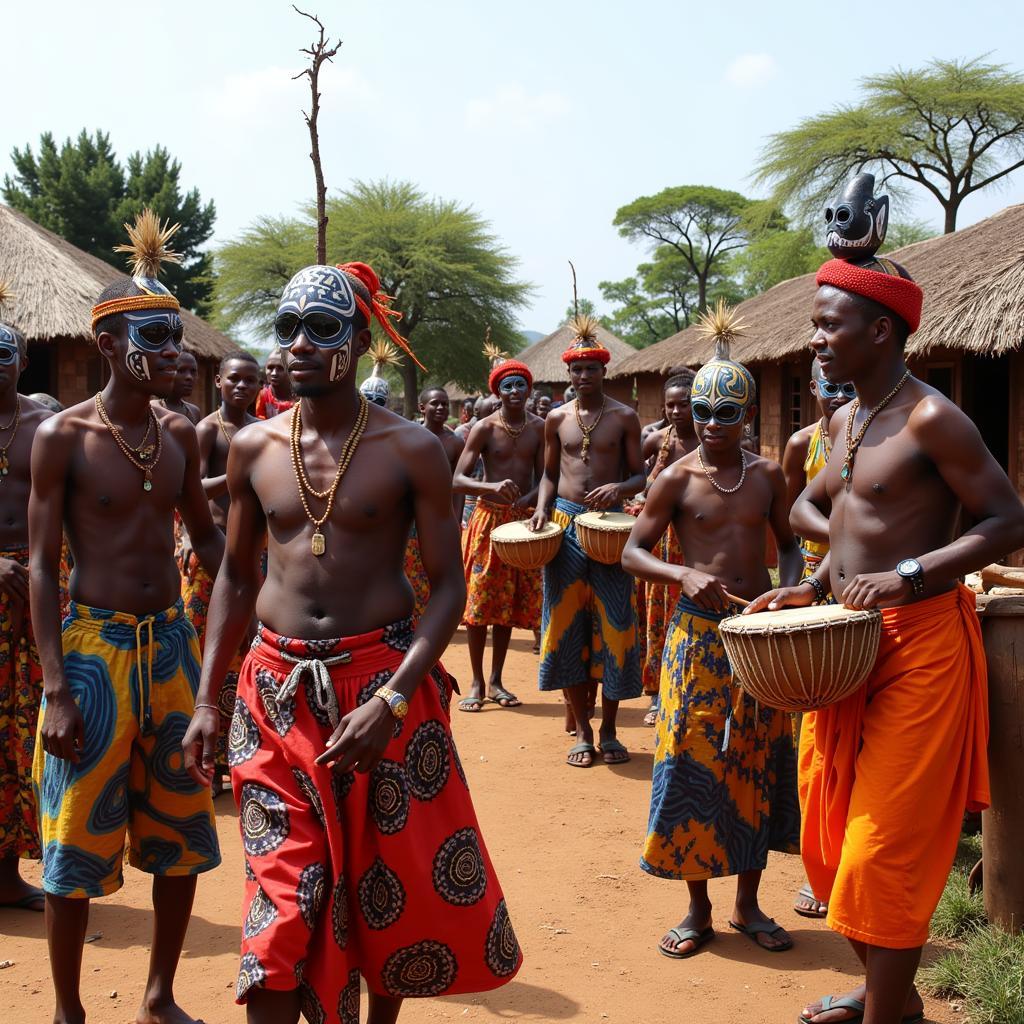African American History Timeline: A Journey Through Struggle and Triumph
The African American experience in the United States is a tapestry woven with threads of hardship, resilience, and triumph. From the horrors of slavery to the civil rights movement and beyond, this timeline offers a glimpse into the rich and complex history of Black Americans.
The Era of Slavery (1619-1865)
The story of African Americans in the United States begins in 1619 with the arrival of the first enslaved Africans in Jamestown, Virginia. This marked the beginning of a brutal and inhumane system that would shape the lives of millions of Black people for centuries. The transatlantic slave trade, fueled by European demand for labor, uprooted Africans from their homes and forced them into a life of servitude.
The Fight for Freedom: The Abolitionist Movement (1770s-1865)
As the United States began to grapple with its own identity, the issue of slavery grew increasingly contentious. The abolitionist movement, led by courageous figures like Frederick Douglass, Harriet Tubman, and Sojourner Truth, challenged the institution of slavery on moral and ethical grounds. The movement gained momentum as the nation moved closer to the Civil War.
The Civil War and Emancipation (1861-1865)
The Civil War erupted in 1861, and the fight for freedom took on a new dimension. The Union victory in 1865 brought about the end of slavery with the passage of the 13th Amendment to the Constitution. However, the struggle for equality was far from over.
Reconstruction and Jim Crow (1865-1964)
The Reconstruction era after the Civil War brought hope for African Americans. They were granted citizenship and voting rights, and Black schools and businesses began to emerge. However, the South’s resistance to change led to the rise of Jim Crow laws, which enforced segregation and disenfranchisement.
The Rise of Black Institutions and Leadership
Despite facing systemic oppression, African Americans persevered. They established their own institutions – schools, churches, and businesses – and created vibrant communities that fostered a sense of unity and identity. The emergence of Black leaders like Booker T. Washington, W.E.B. Du Bois, and Marcus Garvey provided inspiration and guidance for the fight for racial equality.
The Harlem Renaissance (1920s)
The Harlem Renaissance, a flowering of Black cultural expression in the 1920s, marked a significant turning point in American history. Black artists, writers, musicians, and intellectuals celebrated their heritage and challenged racial stereotypes. The Renaissance’s impact resonated across the nation and beyond, influencing everything from literature and music to fashion and the arts.
The Civil Rights Movement (1950s-1960s)
The Civil Rights Movement, a period of intense social and political activism, emerged in response to the continued injustices faced by Black Americans. Led by figures like Martin Luther King Jr., Rosa Parks, and Malcolm X, the movement utilized nonviolent resistance, boycotts, and marches to demand equal rights for all.
Key Milestones of the Civil Rights Movement
- Brown v. Board of Education (1954): The Supreme Court ruled that racial segregation in public schools was unconstitutional.
- Montgomery Bus Boycott (1955-1956): A year-long boycott of segregated buses in Montgomery, Alabama, sparked by Rosa Parks’ refusal to give up her seat, brought national attention to the fight against segregation.
- March on Washington for Jobs and Freedom (1963): More than 250,000 people gathered in Washington, D.C., to demand equal rights and an end to discrimination. Martin Luther King Jr. delivered his iconic “I Have a Dream” speech at this event.
- Civil Rights Act of 1964: This landmark legislation outlawed discrimination based on race, color, religion, sex, or national origin.
- Voting Rights Act of 1965: This act ensured that the right to vote was protected for all citizens regardless of race.
The Legacy of African American History
The history of African Americans is a testament to the resilience and determination of a people who have faced unimaginable challenges. Their struggle for equality has transformed the United States and inspired movements for social justice around the world.
“African American history is not separate from American history. It is a vital and integral part of it, one that we must understand in order to truly grasp the complexities of our nation’s past and present,” says Dr. Maya Robinson, a renowned historian.
The fight for racial justice continues today, with issues like police brutality, mass incarceration, and systemic racism remaining pressing concerns. Understanding the rich and complex history of African Americans provides crucial context for addressing these challenges and working towards a more just and equitable future.
Frequently Asked Questions
Q: What were the key factors that contributed to the success of the Civil Rights Movement?
A: The Civil Rights Movement succeeded because of a powerful combination of factors: strategic nonviolent resistance, grassroots organizing, legal challenges, and media attention.
Q: How did African American culture contribute to American society?
A: African American culture has enriched American society in numerous ways, through its contributions to music, art, literature, food, and language.
Q: What are some of the challenges faced by African Americans today?
A: African Americans continue to face systemic racism, economic disparities, and disparities in healthcare and education.
Q: What are some ways to learn more about African American history?
A: Visit museums dedicated to Black history, read books and articles by Black historians and authors, and attend events and workshops focused on African American culture and heritage.
